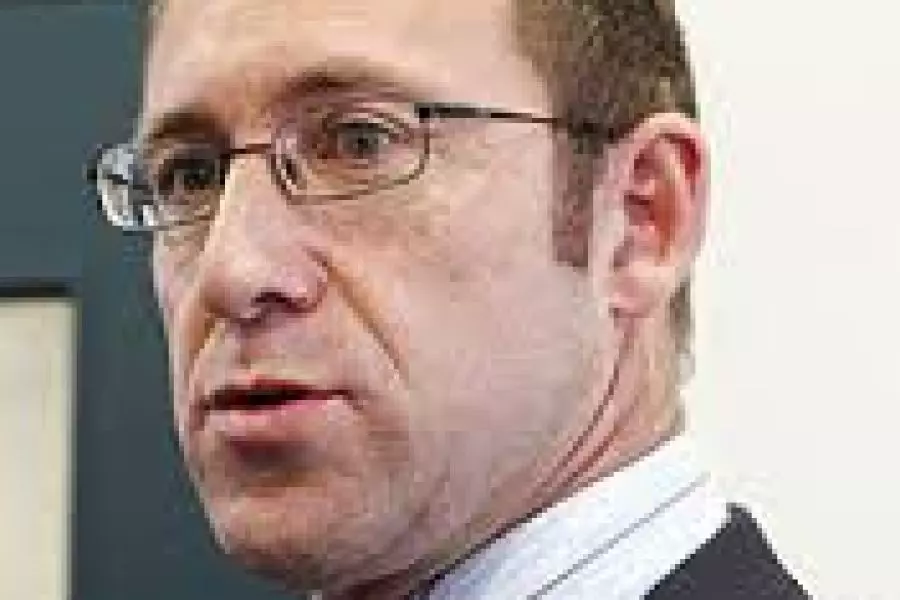News
Election 2017: what investors need to know

Tuesday 7th of March 2017
It’s a perennial hot topic these days with stories of rising prices, affordability and rental squeezes in the headlines with growing regularity.
And, increasingly, it looks as though housing will be the issue de jour in this year’s election in September.
Roy Morgan research released last week shows that 41% of survey respondents picked government/ public policy/ hous...
Want to read the full article?
Click the button below to subscribe and will have unlimited access to full article and all other articles on the site.






![[The Wrap] Bye Bye Bayly](https://goodreturns.publit.io/file/c_fill,w_900,h_600/39f23ac1-f7c7-4854-b700-a150004ebbac.webp)


